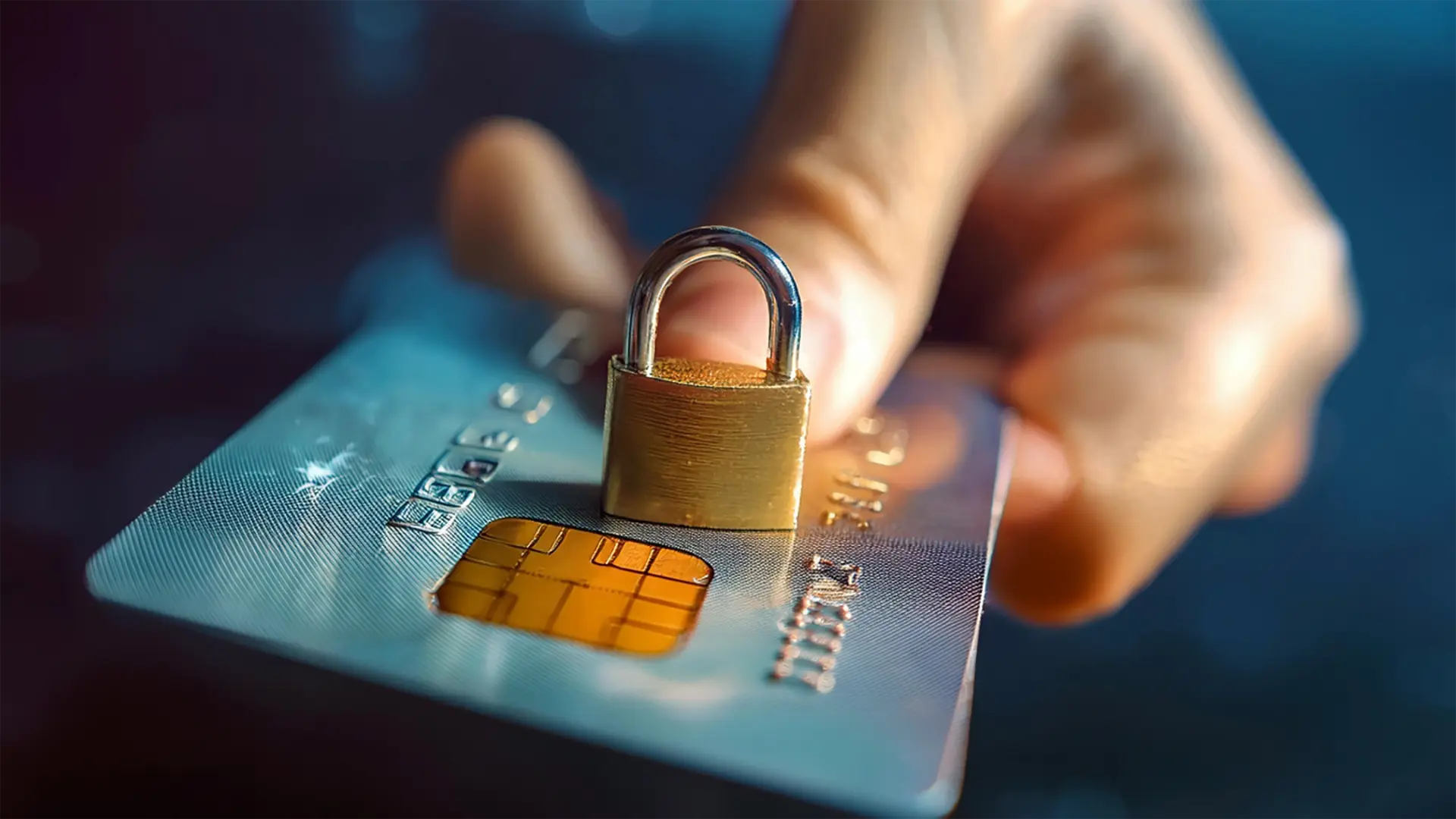
Bluetooth is a widely used, convenient technology included on every smartphone, tablet, and laptop computer these days. You can share files, play media, and more with a wireless connection.
But like with unsecured Wi-Fi networks, hackers can target your Bluetooth-enabled devices to commit identity theft, install malware, or spam you with messages.
This blog will discuss how hackers can target your smart devices through Bluetooth connections and how to protect yourself.
What is Bluetooth?
Bluetooth allows devices like phones, laptops, and tablets to connect without needing cords or wires. Bluetooth technology can be found in most smart devices. To turn on your Bluetooth, you may go into the settings menu on your device. However, this can differ with smart devices.
How Can Hackers Hack through Your Bluetooth?
Bluejacking is a spam messaging technique where the hacker sends text messages to Bluetooth-enabled devices in their vicinity. The hacker needs to be close to the target to pair their device with the victim’s and send text messages or images to them. These messages can be simple spam or phishing messages attempting to trick the target into providing personal data or downloading malware on their device.
Then there’s bluebugging, a technique that connects to a Bluetooth-enabled device to install backdoor access or malware to the device. The hacker can then make calls or listen in on calls, read and send messages and access contacts.
One of the most dangerous types of Bluetooth attacks is called Bluesnarfing. It can be used to copy content stored on your device, from messages and photos to call logs and passwords. The data obtained can be used to access your accounts or commit identity theft.
Where Can This Occur?
Bluetooth hacking usually occurs in busy public places, where hackers can connect at close range.
How Can I Tell If My Phone is Hacked by Someone Through Bluetooth
To better help protect yourself, here are five signs that your phone has been hacked through Bluetooth.
- Your phone’s battery quickly goes down. It can signify that malware is slowly draining your phone’s battery life.
- Your phone runs exceptionally slowly. If you notice your phone is operating slowly, it could be a sign that it has been breached and is processing whatever the hacker is uploading.
- Your phone receives text messages from unknown numbers. This could be a hacker trying to access your phone using an SMS trojan.
- Your phone has strange popups. If you notice popups on your phone, they could be linked to malware. Therefore, be cautious with these popups and avoid clicking on them.
How to Help Protect Yourself from Bluetooth Hacking
Luckily there are some commonsense ways to beef up Bluetooth security and help protect your devices:
- Turn off Bluetooth connection when you’re not using it. Keeping it active means your device can be discoverable by hackers when you’re out in public.
- Unpair your Bluetooth devices from wireless devices you don’t use frequently, including speakers, cars, and other technology.
- Keep Bluetooth in “hidden” mode instead of “discoverable” mode, preventing other devices from identifying your device.
- Don’t click links in unsolicited text messages from unknown sources.
- Don’t accept Bluetooth pairing requests from devices you don’t recognize.
- Regularly update your devices to help protect yourself from the latest vulnerabilities.
- Enable security features like two-factor authentication and password protection.
No matter how vigilant you are about cybersecurity, there’s no way to be 100% safe from data breaches, hacks and identity theft.
For this reason, monitoring your identity and credit is essential to ensure that the activity is legitimate, accurate, and not a type of identity theft scam. A monitoring service, such as IdentityIQ, is dedicated to keeping your information safe from hackers, with real-time alerts and experts ready to assist you.







